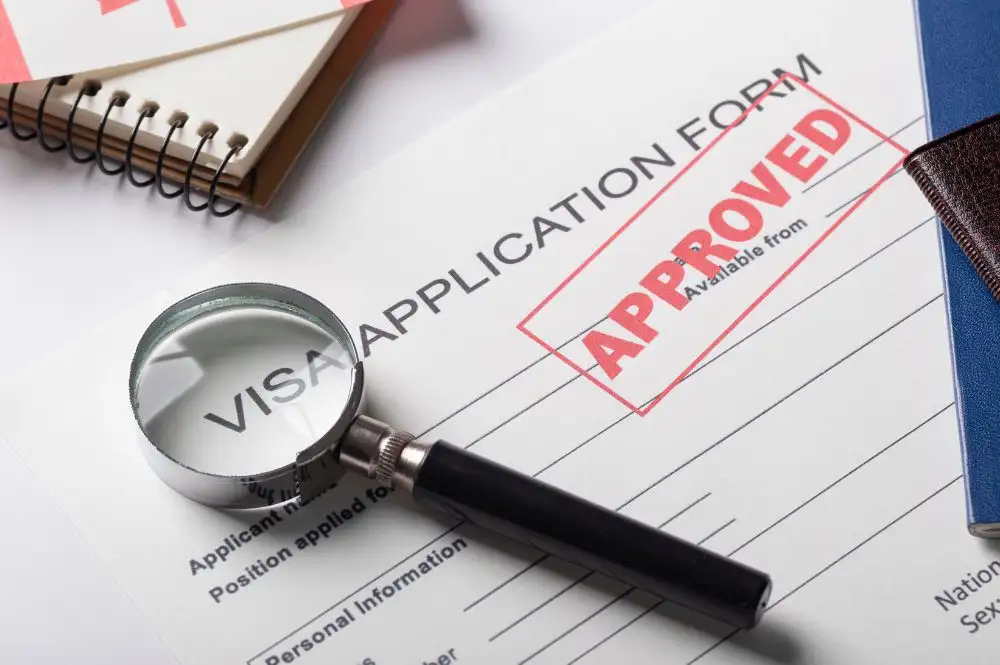Introduction
As the UAE has become a hub for expats worldwide, the need for clarity around residency regulations has increased. A visa stamp is traditionally the most common way for residents to demonstrate their legal status in the country. However, there are situations where residents might need a visa stamp on their passports, which can create confusion or complications when proving residency. In this blog, we will examine how UAE residents can demonstrate their residency status without a visa stamp and offer practical tips to make the process smoother.
Understanding UAE Residency Regulations
To begin with, let's clarify some basics about UAE residency regulations. As per the Federal Authority for Identity and Citizenship (ICA), all foreign nationals who wish to live and work in the UAE must have a valid residency visa. Residency visas are sponsored by either a local UAE company or a family member who is a UAE national. Different types of residency visas are available, depending on the duration of stay, the purpose of the visit, and other factors. Residents who have a residency visa in their passport can use it as proof of their legal status in the country.
However, there are some situations where residents might need a visa stamp on their passports. For example, if their residency visa is under process or has expired and is being renewed or if they have entered the country on a different type of visa, such as a tourist or visit visa. In these cases, residents must find alternative ways to demonstrate their residency status to authorities.
Alternative Documents That Can Prove Residency Status
Here are some of the alternative documents that UAE residents can use to demonstrate their residency status without a visa stamp:
Emirates ID card
The Emirates ID card is a mandatory identification document for all UAE residents. It contains biometric information and serves as proof of residency and an identification document. Residents with valid Emirates ID cards can use them to demonstrate their residency status to authorities. It is important to note that the Emirates ID card needs to be renewed every few years, and residents should ensure that their ID card is up to date to avoid any complications.
Labour Contract or Offer Letter
If residents are employed in the UAE, they can use their labour contract or offer letter to prove their legal status in the country. These documents contain information such as the employer's name, job title, salary, and contract duration. The Ministry of Human Resources and Emiratisation (MOHRE) should attest that the labour contract or offer letter is valid.
Tenancy Contract or DEWA Bill
A tenancy contract or Dubai Electricity and Water Authority (DEWA) bill can also serve as proof of residency. These documents show the residents' names and addresses in the UAE, which can help demonstrate their legal status there. So it is vital to ensure that these documents are up to date and reflect the current address of the resident.
Bank Statements or Utility Bills
Residents can also use their bank statements or utility bills to demonstrate their residency status. These documents show the resident's name and address in the UAE and can be used as supporting documents alongside other forms of identification. You must ensure that these documents are up to date and reflect the current address of the resident.
Medical Insurance Card
Residents with a valid medical insurance policy in the UAE can use their medical insurance card as proof of residency. The medical insurance card contains the resident's name and Emirates ID number, which can be used to verify their legal status in the country.
Tips to Make the Process Smoother
Demonstrating residency status with a visa stamp can be daunting, especially if residents need to become more familiar with the documentation requirements. Below are a few suggestions to facilitate the process:
Keep Your Documents Up to Date
Ensure that all the alternative documents that residents use to demonstrate their residency status are up to date. For example, residents should keep track of the expiry dates of their Emirates ID card, labour contract, tenancy contract, DEWA bill, bank statements, and medical insurance card and ensure that they renew them on time. Outdated documents can lead to complications and delays in the process.
Be Prepared with Multiple Documents
While one document may be enough to demonstrate residency status in some situations, it is always wise to be prepared with multiple documents. For example, having a combination of documents such as an Emirates ID card, labour contract, and tenancy contract can help residents demonstrate their legal status more convincingly. This can be especially useful if one document is not accepted or if there are doubts about its authenticity.
Keep Copies of Your Documents
Residents should keep copies of all the documents they use to demonstrate their residency status. This can be helpful in case the original documents are lost or misplaced. It is also a good practice to keep electronic copies of the documents, such as scanned copies or photos, in case they are needed urgently.
Know Your Rights
Residents should know their rights and obligations per UAE residency regulations. For example, knowing the rules around renewing visas, updating documents, and other requirements are essential. Residents should also be familiar with the procedures for reporting lost or stolen documents and the penalties for violating residency regulations.
Conclusion
In conclusion, demonstrating residency status with a visa stamp in the UAE can be challenging, but it is possible. There are alternative documents that residents can use to prove their legal statuses, such as an Emirates ID card, labour contract, tenancy contract, bank statements, and medical insurance card. Residents should keep their documents up to date, be prepared with multiple documents, keep copies of their documents, and be aware of their rights and obligations. By following these tips, residents can make the process smoother and avoid complications or delays.







